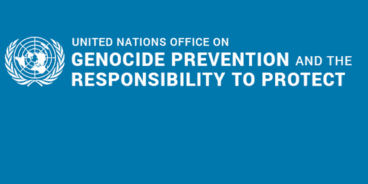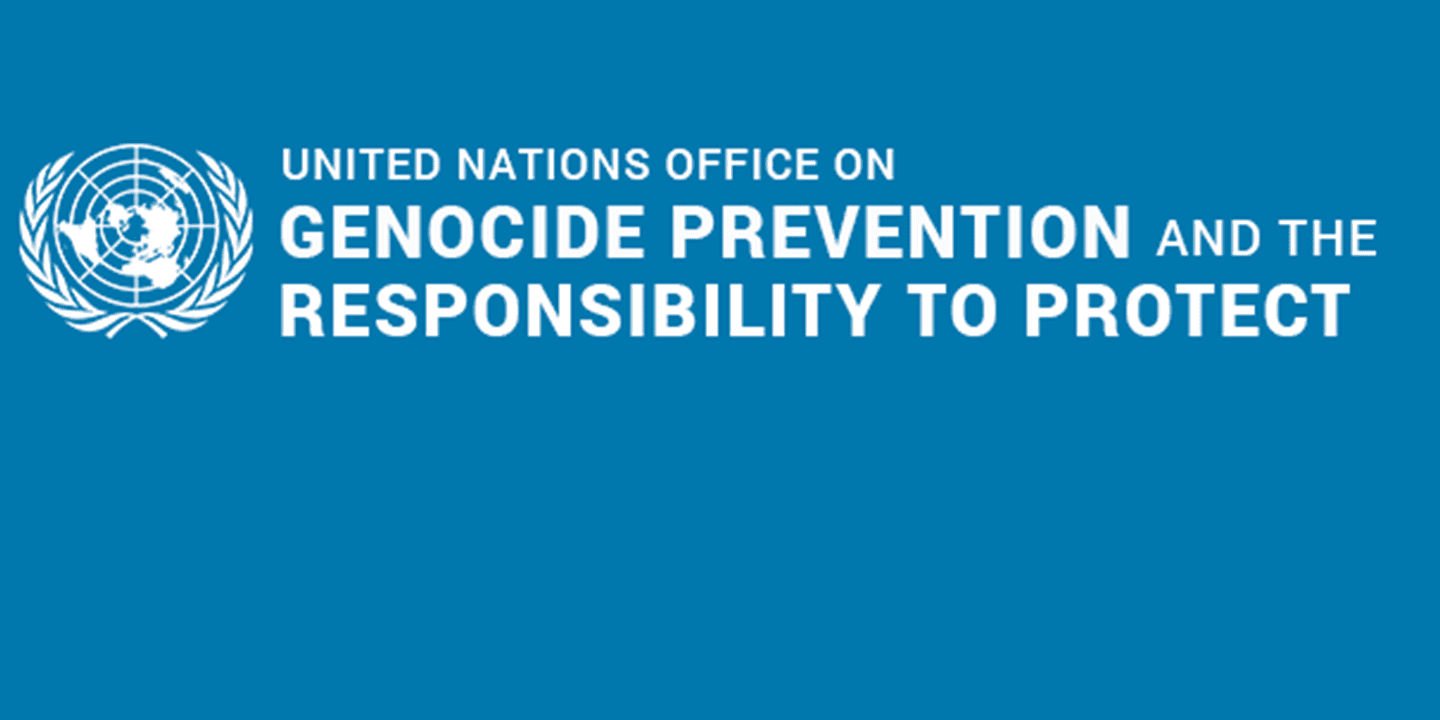

Statement by Ms. Alice Wairimu Nderitu, UN Special Adviser on the Prevention of Genocide, on the ban on convicted war criminals to run for elections and be appointed to public offices in Bosnia and Herzegovina
The United Nations Special Adviser on the Prevention of Genocide, Alice Wairimu Nderitu, acknowledges the amendment to the Election Law of Bosnia and Herzegovina (BiH), introduced on 26 March, which stipulates that ‘no person who has been convicted by any international or domestic court of the crimes of genocide, crimes against humanity or war crimes may stand as candidate for elections or hold any elective, appointive or other office.’
The Special Adviser recognizes the importance of this step as contributing to strengthen trustbuilding in the country both in institutions and among communities impacted by the denial of genocide and related crimes, and to advance inter-communal healing.
The Special Adviser also notes the recent Memorandum of Understanding between the Ministry of Justice and the International Residual Mechanism for Criminal Tribunals, enabling that criminal records of Bosnia and Herzegovina citizens and people born on the territory of Bosnia and Herzegovina who have been convicted by the international tribunals of war crimes, crimes against humanity and genocide are registered in the country’s criminal records. The Special Adviser considers this as an important step to affirm the recognition of the rulings of the international tribunals and counter revisionism, denial, and the glorification of war criminals.
Reiterating her messages expressed during her visits to the country in June 2021 and July 2022, and in subsequent statements, Special Adviser Nderitu stresses the importance of addressing the legacy of the past, including of genocide, crimes against humanity and war crimes. Only by promoting the understanding of the past through truth-seeking and accountability, and addressing the root causes and the continued impact of such violence on the society, can sustainable peace be achieved. Glorification of convicted war criminals and other perpetrators of such crimes, which has been normalized and continues to occur with impunity, does precisely the opposite: it deepens divisions, fear, mistrust, and hate.
“Everyone in Bosnia and Herzegovina deserves a future in which there is no space for denial of genocide, war crimes or crimes against humanity, and the glorification of those who have committed such crimes. Countering these patterns requires active efforts and determination from a range of actors across the country, from the top political leadership to the community level. The voice of those who acknowledge the crimes committed in the past and the suffering they caused must be stronger than the voice of those who deny them. Many civil society actors have for decades undertaken remarkable work in that regard, but this is primarily the responsibility of authorities and institutions, at all levels, to build a peaceful and inclusive society,” emphasized the Special Adviser.